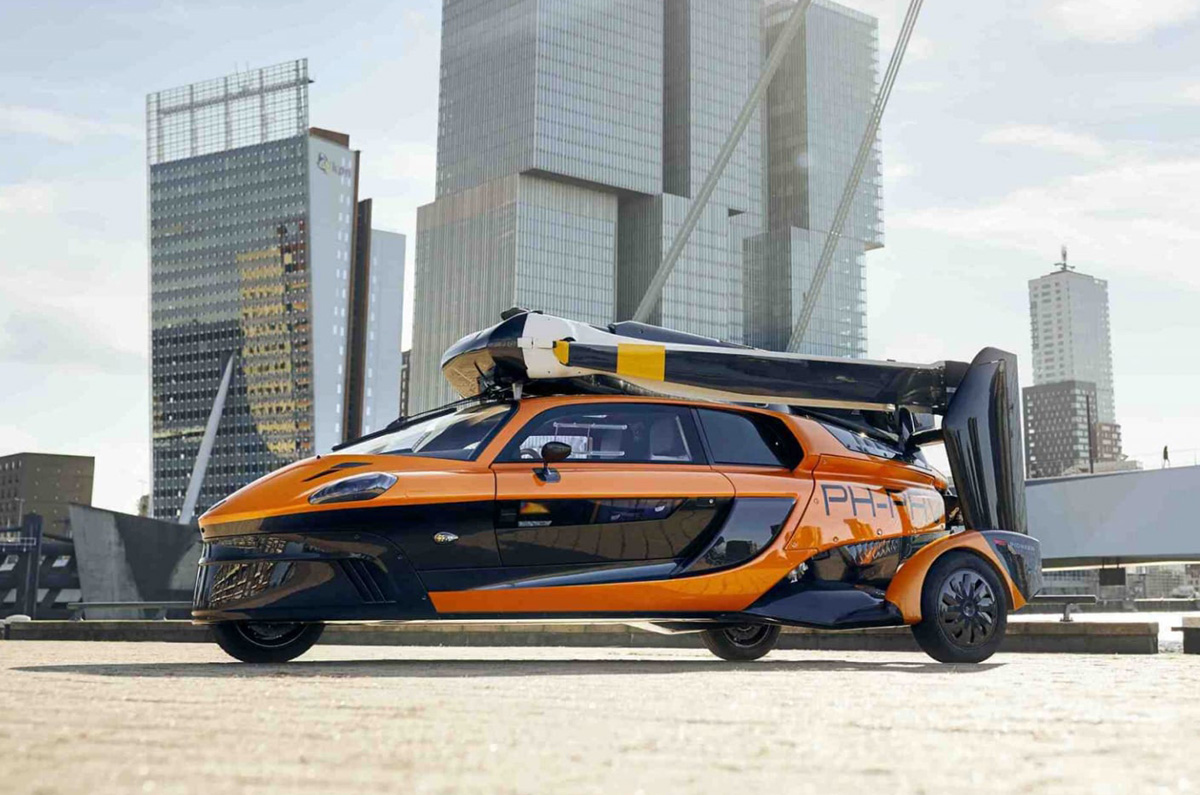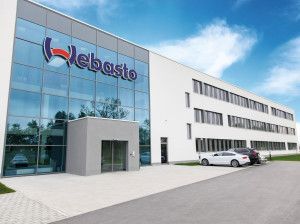PAL-V Liberty flying car gets road useage approval in Europe

The PAL-V Liberty, the world’s first commercial flying car, has been approved for road use in Europe. The company says this brings it another step closer to deliveries with the car also undergoing aviation certification with the European Aviation Safety Agency (EASA).
- Deliveries to start after final certification from EASA
- Deliveries were originally to start in 2018
With the completion of the European road admission tests the Liberty is now allowed on the streets in Europe with an official license plate. Under the tests, the flying car underwent a rigorous and extensive drive test program that was carried out on test tracks since February 2020, which included high-speed ovals, brake and emission tests to noise pollution testing.
Mike Stekelenburg, CTO, PAL-V said: “We have been cooperating with the road authorities for many years to reach this milestone. The excitement you feel in the team is huge. It was very challenging to make a ‘folded aircraft’ pass all road admission tests. For me, the trick in successfully making a flying car is to ensure that the design complies with both air and road regulations. I feel the energy and motivation in our team to push hard for the last few milestones and get the Liberty certified for flying too.”
What was the original time-line?
PAL-V originally announced prices for the Liberty back in 2017 with the car also showcased the 2018 Geneva motor show. The carmaker at the time targeted starting deliveries to customers across the globe and even in India from end-2018 though this has been much delayed
What processes are left before deliveries can commence?
The Dutch firm says since 2015 the PAL-V Liberty design has been also going through aviation certification with EASA (European Aviation Safety Agency), and the finalisation is expected in 2022. The PAL-V Liberty benefits from the certification experience accumulated in the earlier flight test program with the PAL-V One. Over 1,200 test reports need to be completed before the final 150 hours of flight testing can take place. After this the deliveries to customers will start.
The company claims its reservation book is growing beyond expectation. As 80 percent of the future PAL-V carflyers are new to aviation, some of them have started the training for a gyroplane flying license at the PAL-V FlyDrive Academy.
Also see:
Hyundai to showcase flying car concept at CES 2020



No comments: